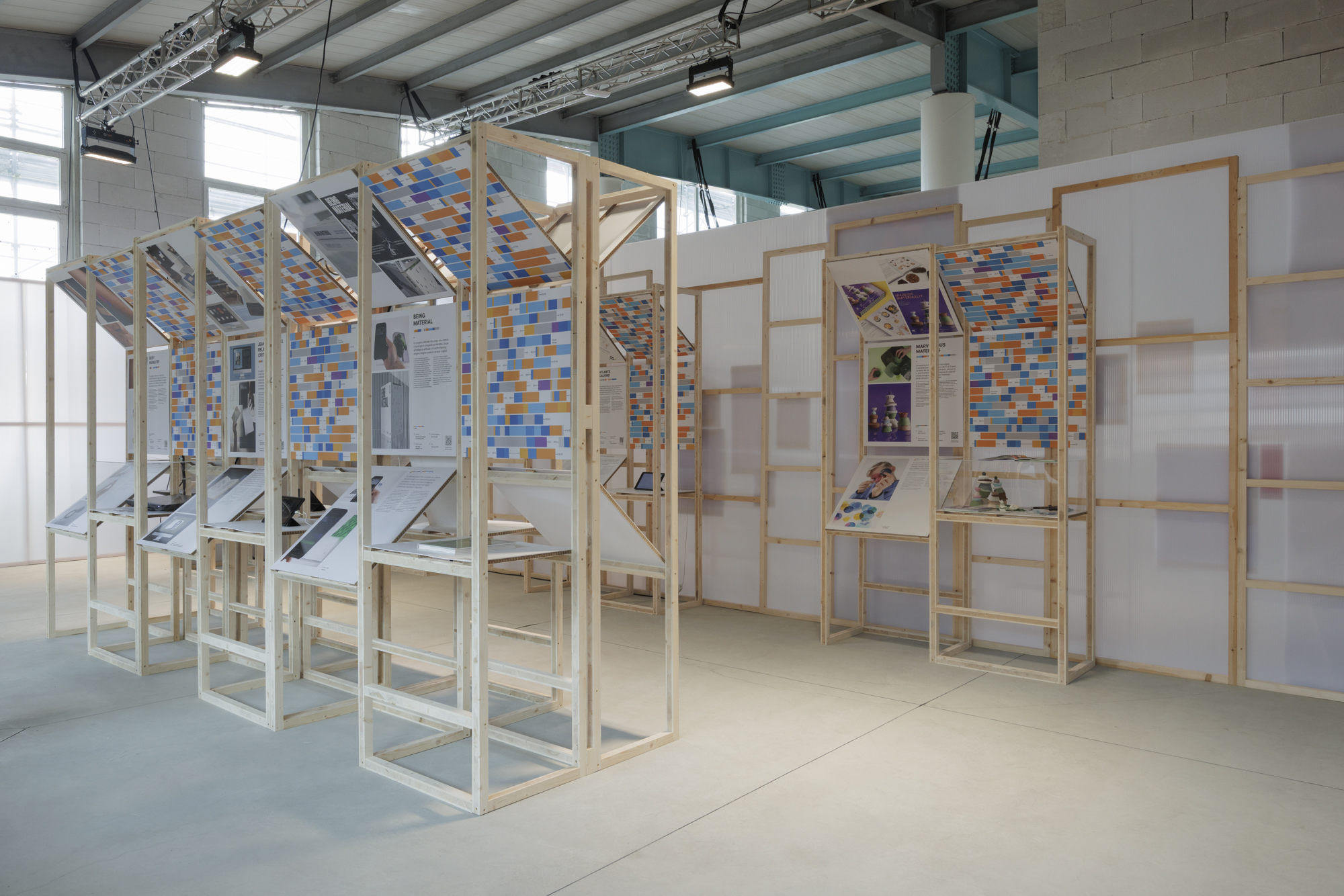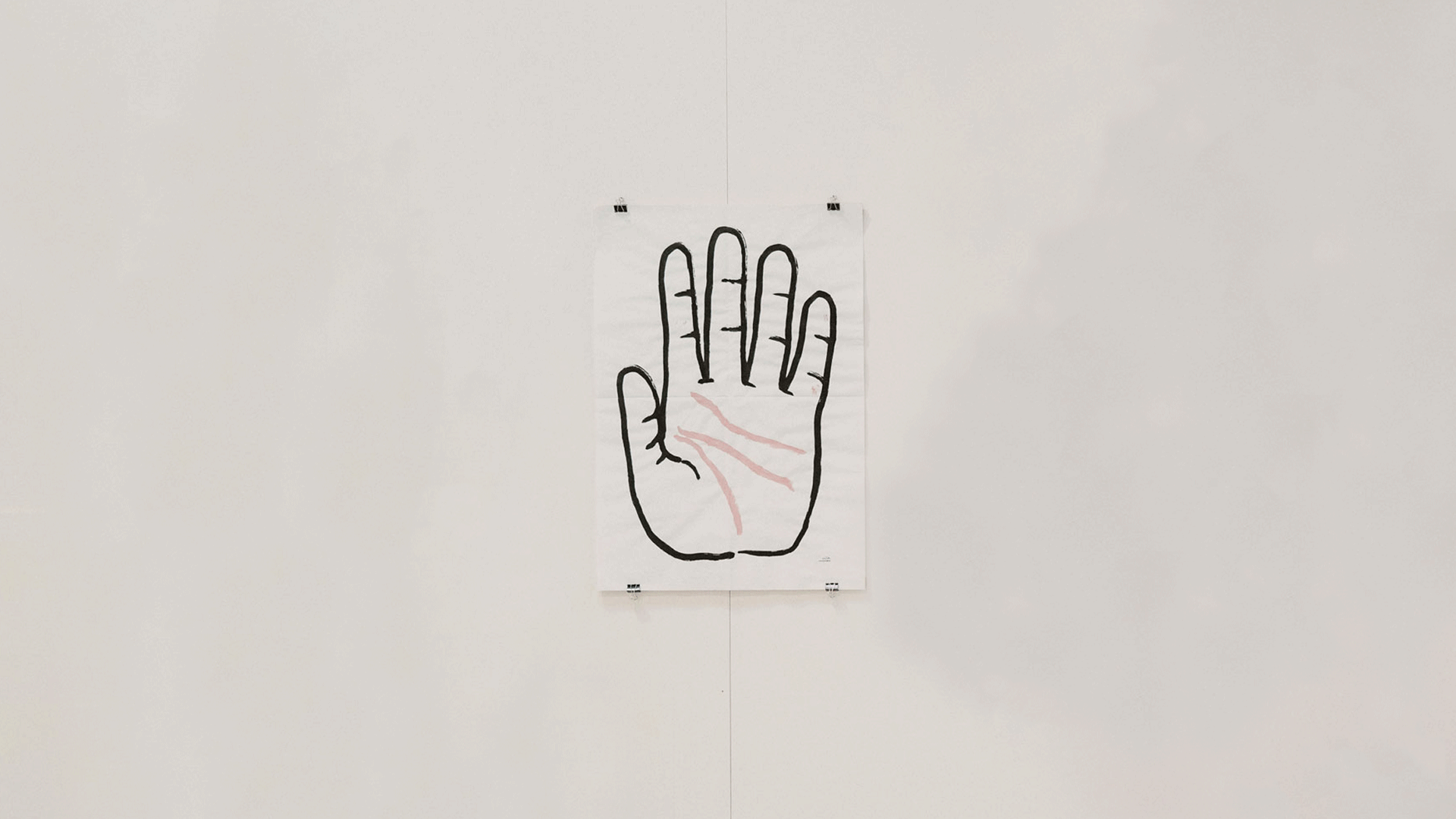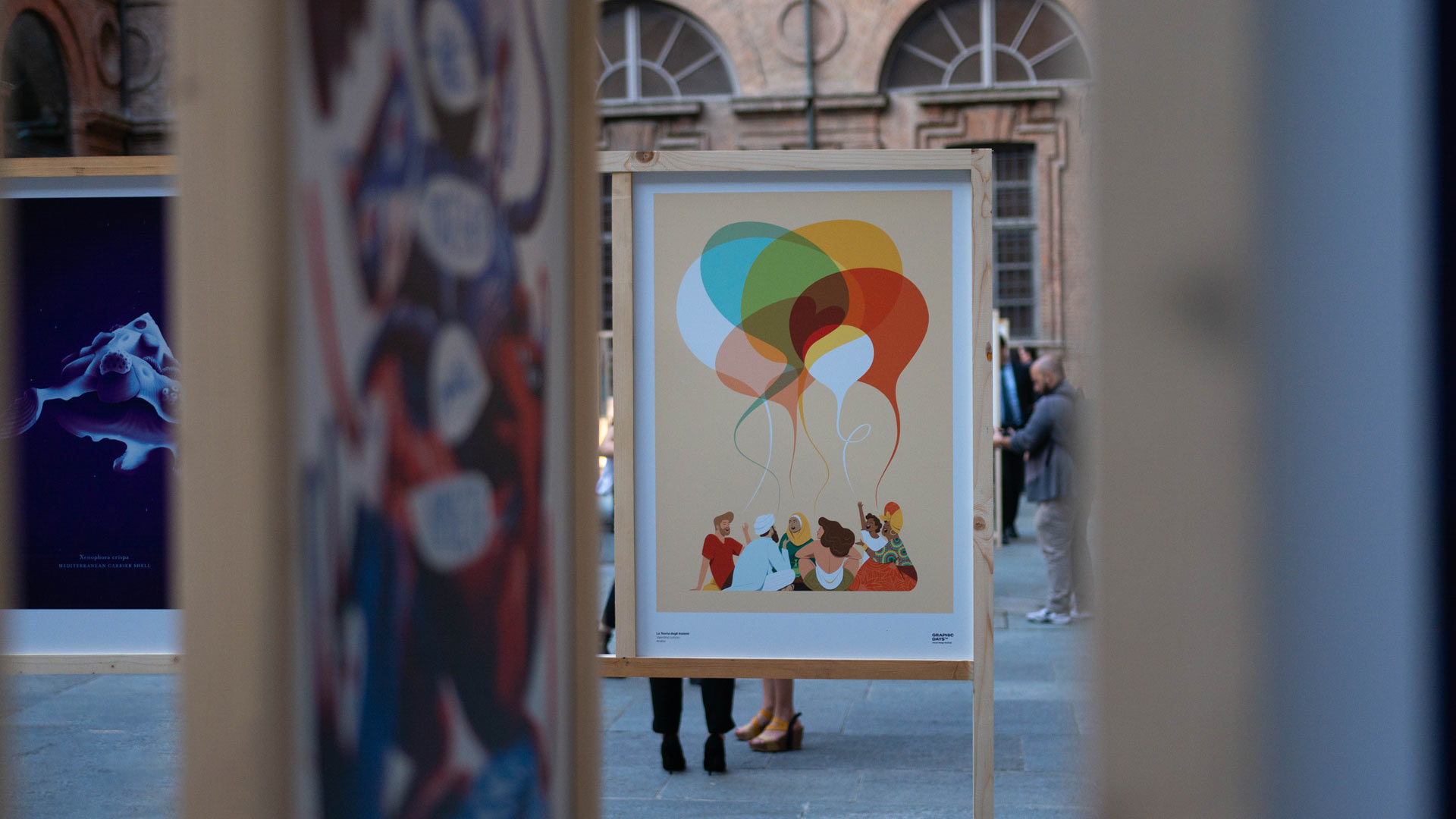The projects on display inaugurate and bring to life the first edition of Accessible Complexity, a physical and digital observatory that transforms knowledge into a visual language accessible to everyone.
Accessible Complexity Vol.1
8 - 18 May 2025
Exhibition
A project by Graphic Days®, created in collaboration with the SYS – Systemic Design Lab at Politecnico di Torino, highlighting and enhancing the world of research. The initiative focuses on studies that employ high-quality, innovative, and multidisciplinary visual communication tools to make content more accessible and understandable to a wide audience, thus contributing to the dissemination of academic research findings.
Through an open call for researchers, universities, and research centers, the best projects become part of an online repository, designed both as a database and showcase to foster new connections and encourage dialogue among researchers, designers, and the public. An open and inclusive ecosystem that transcends academic boundaries and promotes interdisciplinary sharing and exchange.
The most significant projects selected from the repository are presented at Graphic Days® in the Accessible Complexity exhibition, a moment and space for discussion for those envisioning new forms of research communication.
To mark the tenth edition of Graphic Days®, the first volume of the Accessible Complexity exhibition featured 12 projects from around the world, involving 11 research centers from 9 national and international universities. In collaboration with the SYS – Systemic Design Lab at Politecnico di Torino, the project combines academic and design expertise to highlight the role of visual design in the democratization of knowledge.

Marvellous Materials is an educational project designed to engage and raise awareness among children and youth about bio-based materials. It takes the form of a manual filled with hands-on experiments that help explore and understand the properties and potential applications of sustainable materials through an experiential and interactive approach. Developed by the Bioinnovation Center at Aalto University, Espoo.
Body Parasites, developed by the Design Friction Lab at Free University of Bozen-Bolzano, is a speculative project that reflects on how medicine is evolving through the use of AI. Using the concept of biological parasites as a metaphor, skin-applied sensors explore how technologies can infiltrate personal space, influencing body perception and experience. Each sticker is designed to measure different biometric parameters and features a unique color-coded system.

A second project from the Design Friction Lab, Space Parasites is a prototype exploring the potential of passive, battery-free sensors in daily life. Designed as stickers that can be applied to various objects, the innovative coil-and-chip sensor detects temperature, humidity, and air quality. Battery-free, it ensures sustainability and long-term functionality, while its compact and wireless design makes it suitable for diverse settings.
Atlante Calvino: Literature and Visualization is a web platform developed to address critical issues related to Italo Calvino’s vast body of narrative work. Through interactive visualizations, the platform enables exploration of Calvino’s corpus from a new perspective, visually expressing critical questions and interpretations traditionally approached through text. Developed by the Unité d’italien at Université de Genève.


An innovative exploration at the intersection of art, science, and technology, Being Material is a hybrid editorial experience combining physical and digital dimensions. Presented as a book and complementary website, the project integrates artificial intelligence, augmented reality, and machine learning to transform reading into an immersive and interactive experience. Developed by the Design Intelligence Lab at the Massachusetts Institute of Technology, Cambridge.
Developed by the Collaborative Research Centre 1182 and Kiel University, Meet the Metaorganism is an interactive web application designed to make research on metaorganisms accessible, engaging, and visually stimulating. Primarily aimed at higher education, it also targets a broader audience interested in exploring the mechanisms governing interactions between living organisms and their microbiomes.

Fragile Water is an awareness-raising initiative shaped through the collaborative efforts of students and researchers. Its goal is to translate complex scientific issues into visual and interactive experiences. Centered on the vulnerability of global water resources, the project features glass artworks as its expressive medium. Developed by the Water & Development Research Group at Aalto University, Espoo.
Visual Memory of the Fires of Debrecen is a data physicalization installation commemorating the fires that shaped the history of the Hungarian city of Debrecen up to the mid-19th century. This historical event is narrated through textual and visual testimonies of the fires. The work merges historical research, data design, and artistic sensitivity, transforming historical data into an immersive experience. A project by the Data Storytelling Hub at Moholy-Nagy University of Art and Design, Budapest.
The exhibition World of Sand explores the relationship between natural resources and craftsmanship, transforming sand samples from around the world into glass products. The project demonstrates how geological variations influence the color and transparency of the material, resulting in unique pieces that tell the story of their origin through their diversity. The exhibition was coordinated by the Bio Design Lab at Karlsruhe University of Arts and Design, while the ongoing project is developed by NL Atelier.
Initiated by the Société du Grand Paris, Livre Blanc Silence Chantier aims to collect and share in-depth knowledge about noise in urban construction sites. It proposes and maps out concrete solutions to improve the sound environment, particularly in the French context. An operational tool to prevent and reduce noise pollution caused by large infrastructure projects. A project by the Design Research Centre of ENS Paris-Saclay, Bâtiment Breguet.
Jean Starobinski. Relations critiques explores the life and intellectual contribution of writer Jean Starobinski by integrating literary scholarship, museology, design, engineering, and psychology. Through flexible thematic paths, the digital exhibition allows users to delve into materials from multiple perspectives, creating a dynamic and customizable experience. Developed by EPFL+ECAL Lab at EPFL Swiss Federal Institute of Technology in collaboration with the Swiss National Library and Apptitude SA.
Many Houses, Many Worlds explores the concept of dwelling as a global process, connecting diverse architectural forms and complex material histories. Through visual analysis and comparison of a contemporary home and an archive of traditional dwellings, the project challenges dominant construction paradigms. Developed by the Office Of (Un)certainty Research at the Massachusetts Institute of Technology, Cambridge.


To explore the contents of the exhibition, learn more about the selected projects, and participate in the next open call, visit the dedicated website: www.accessiblecomplexity.it
Altri progetti



















